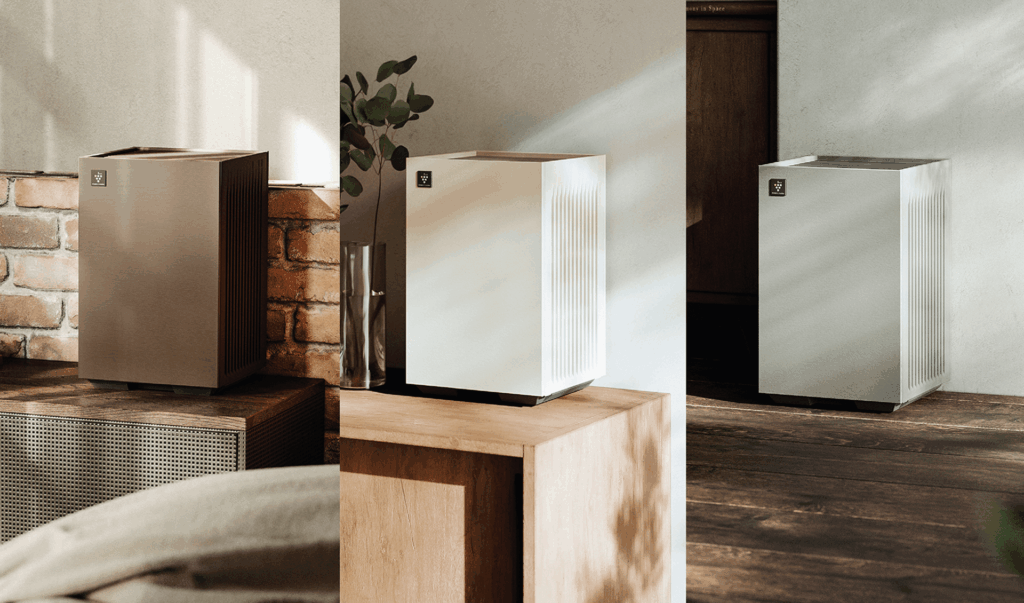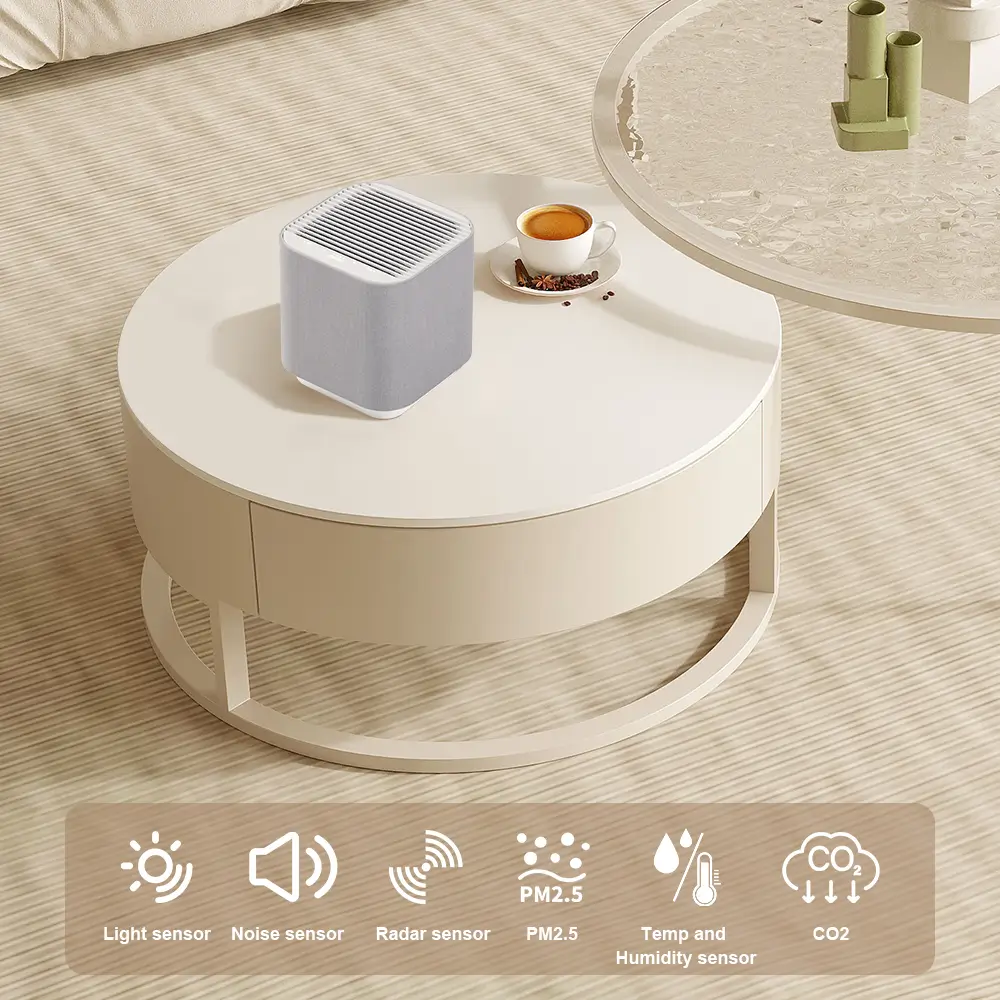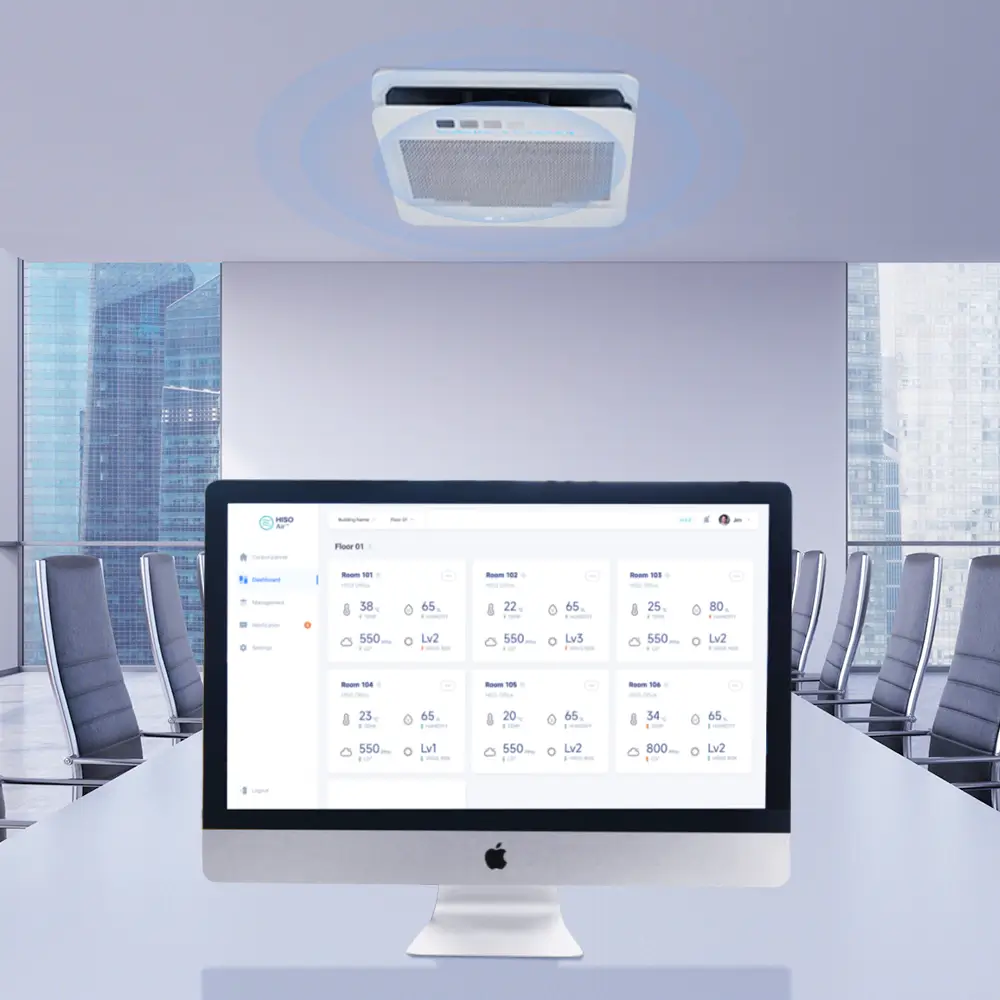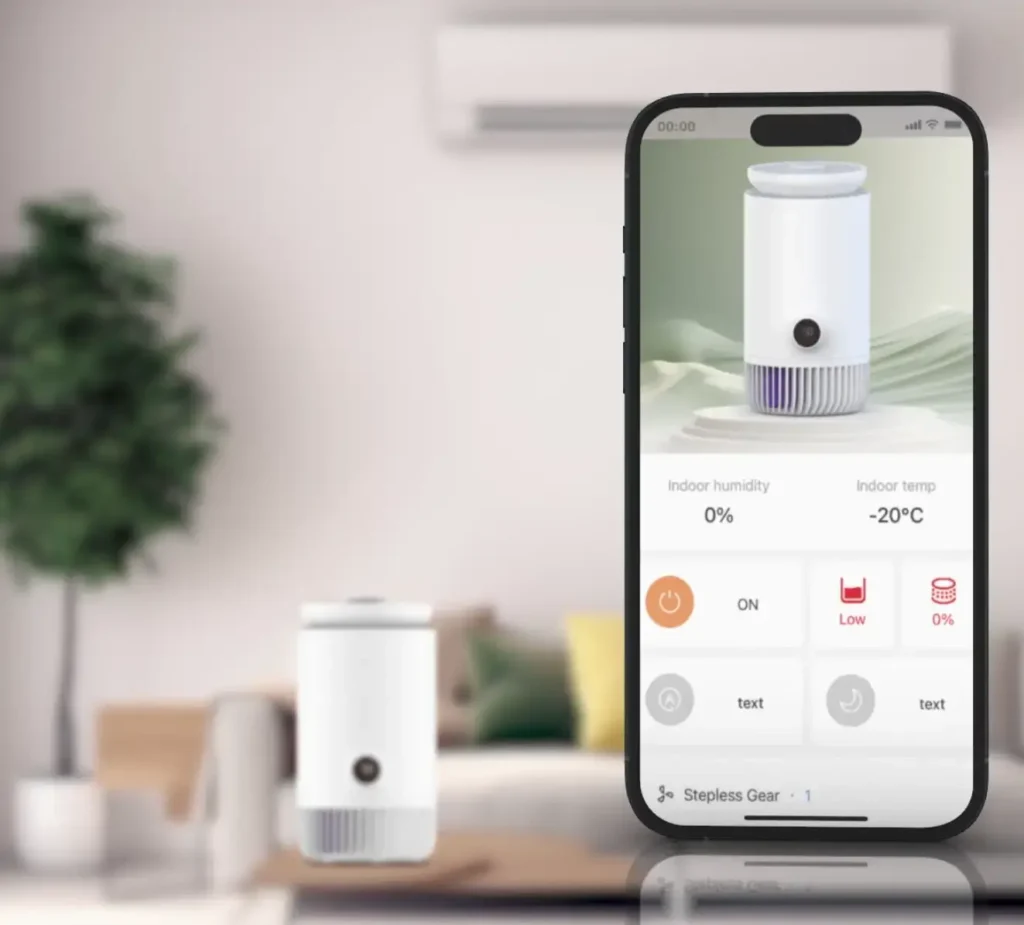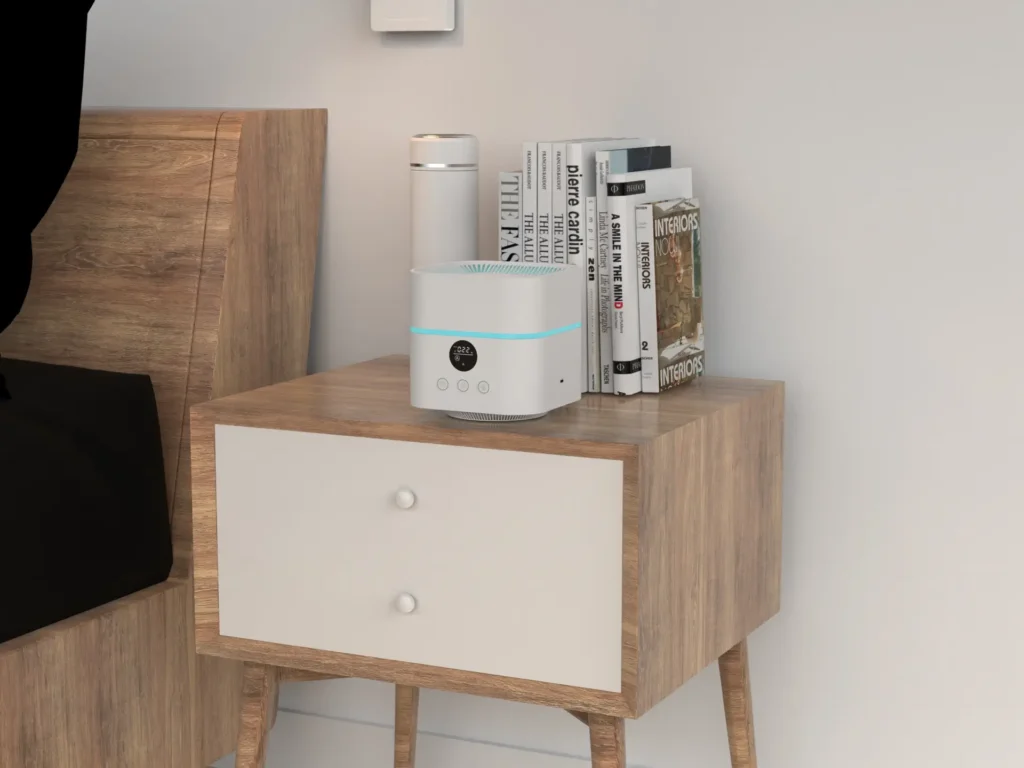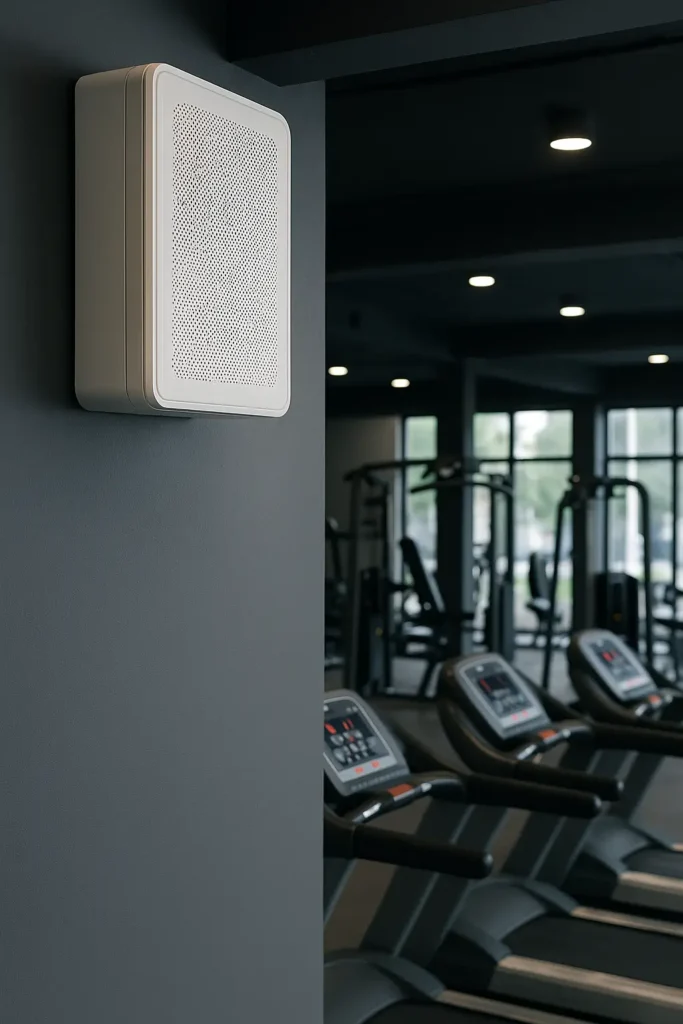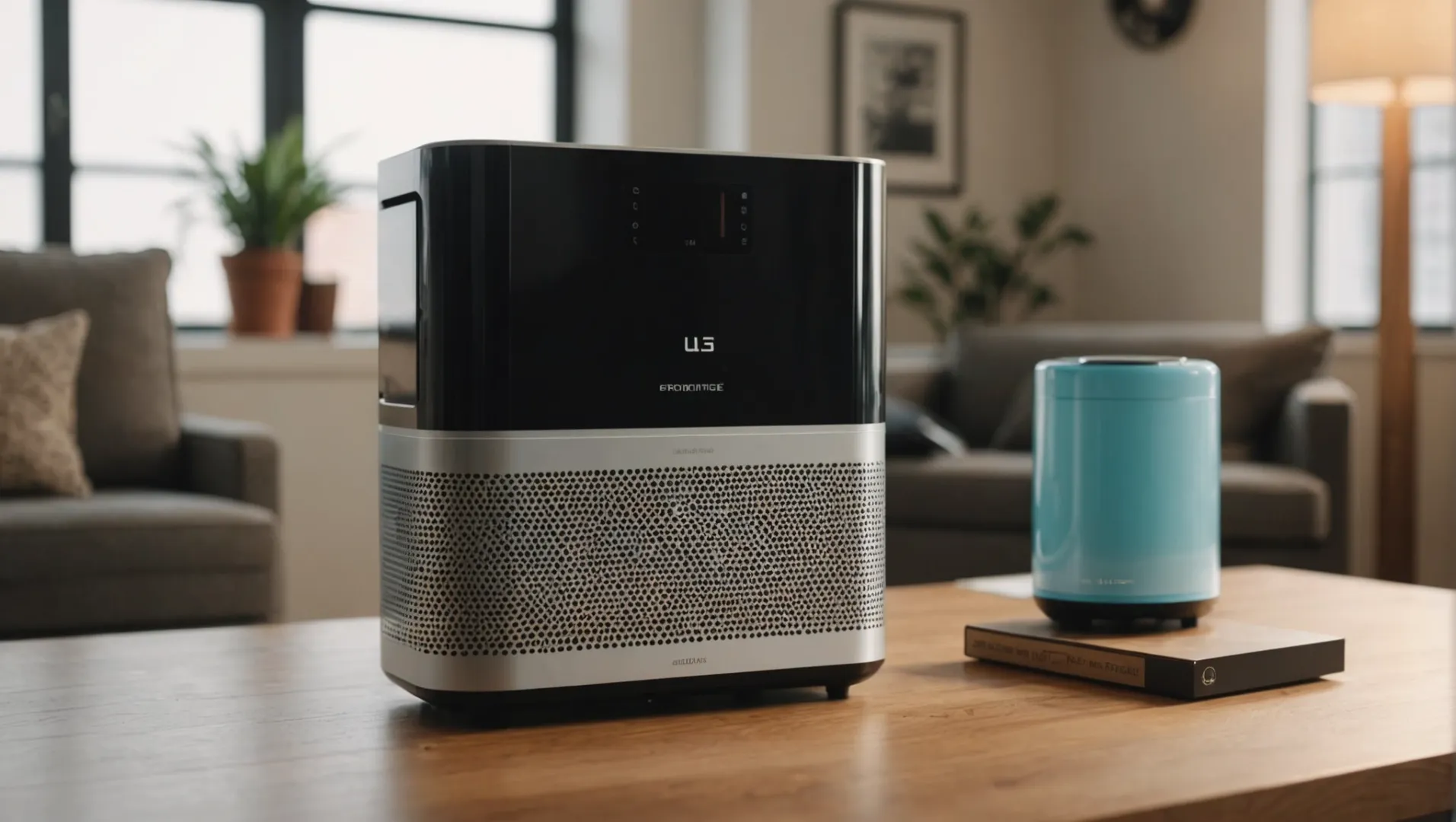
空気清浄機の世界をナビゲートすることは、迷路の中をさまようように感じるかもしれない!
空気清浄機メーカーが米国の基準に準拠していることを確認するには、以下のような認証を確認すること。 UL, FCCそして カーブ 登録する。これらの要件に精通した経験豊富なサプライヤーと協力し、タイムリーかつコスト効果の高いコンプライアンスを確保する。
しかし、基本を理解することは始まりに過ぎません!具体的な認証に飛び込み、厳しい米国基準を真に満たす空気清浄機を自信を持って選ぶ方法を発見しましょう。
UL認証は、米国における空気清浄機の安全性を保証します。真
UL認証は安全規格への適合を確認するもので、リスクを低減します。
米国における空気清浄機の主な認証とは?
空気清浄機の認証を理解することは、米国市場への参入を目指すメーカーにとって不可欠である。
米国の空気清浄機は、以下のような認証を取得しなければならない。 UL 安全性テスト、 FCC そして カーブ 連邦政府の基準と市場の要件を満たすための登録。
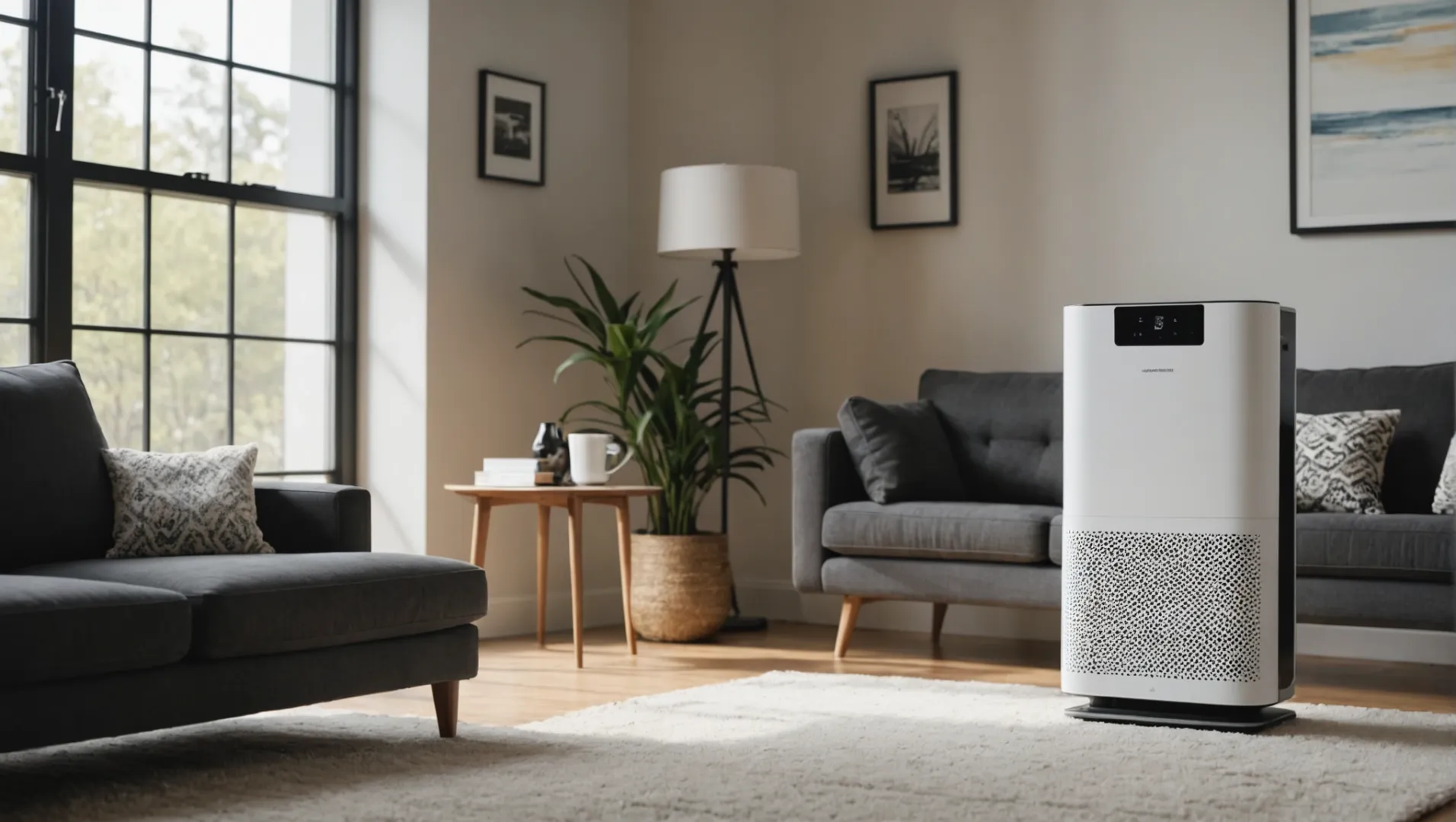
認定要件を理解する
空気清浄機の認証は、米国でのコンプライアンスと市場での受け入れに不可欠である。主な認証には以下が含まれる:
-
UL 安全試験: これにより、デバイスが厳格な安全基準を満たしていることが保証される。メーカーは、以下のような認定ラボでこれらのテストを実施することができる。 ULIntertek、TUV、またはSGS。費用は様々ですが、スケジュールは通常8~10週間です。
-
FCC コンプライアンス: 空気清浄機は、連邦通信委員会(FCC)試験は、電磁信号を発する機器にとって極めて重要である。
-
カーブ 登録: カリフォルニア州大気資源局(カーブカリフォルニア州で空気清浄機を販売する場合、登録が義務付けられており、オゾン放出レベルが低いことが保証されている。
その他の認証
空気清浄機には、基本的なこと以外にも必要なことがある:
-
DOE テスト: エネルギー省(DOE)はエネルギー効率を評価し、費用対効果と環境フットプリントに影響を与える。
-
AHAM 検証する: 家庭電化製品製造者協会(AHAM)はCADR(Clean Air Delivery Rate)を示し、消費者に有効性を示す。
-
エネルギースター認証: 環境保護庁(エイコサペンタエン酸)、これは優れたエネルギー効率を意味する。
| 認証 | 目的 | テスト機関 |
|---|---|---|
| UL | 安全性 | ULインターテック |
| FCC | 電磁波コンプライアンス | FCC |
| カーブ | オゾン排出 | カーブ |
| DOE | エネルギー効率 | DOE |
| AHAM | パフォーマンス | AHAM |
| エネルギースター | エネルギー効率 | エイコサペンタエン酸 |
経験豊富なサプライヤーとの協力
米国規格について深い知識を持つサプライヤーと協力することで、認証プロセスを合理化することができる。経験豊富なサプライヤーは、しばしば独自の シーエヌエーエス-の認定ラボで予備テストを行い、第三者認証を迅速に取得する。次のような企業がある。 ヒソエア1 米国市場の標準に合わせることに関して20年以上の専門知識を誇る。
包括的なコンプライアンスを確保するために、製造業者は、以下の項目を遵守するマニュアルやパッケージの設計も検討する必要がある。 UL 規格に準拠している。経験豊富なサプライヤーとの提携は、認証プロセスを効率的に進めるだけでなく、米国の安全・品質基準の遵守を保証する。
米国では空気清浄機のUL安全性試験が義務付けられている。偽
UL安全試験は義務ではないが、安全への適合を保証するものである。
カリフォルニア州で空気清浄機を販売するにはCARB登録が必要。真
CARBは、カリフォルニア州で販売される空気清浄機の低オゾン排出を保証している。
経験豊富なサプライヤーがコンプライアンス遵守を支援するには?
経験豊富なサプライヤーの専門知識を活用することで、厳格な米国基準への準拠を効率化することができる。
経験豊富なサプライヤーは、米国コンプライアンスに関する重要な専門知識を提供し、認証や効率的な試験プロセスに関する洞察を提供することで、最終的に時間とコストを節約します。
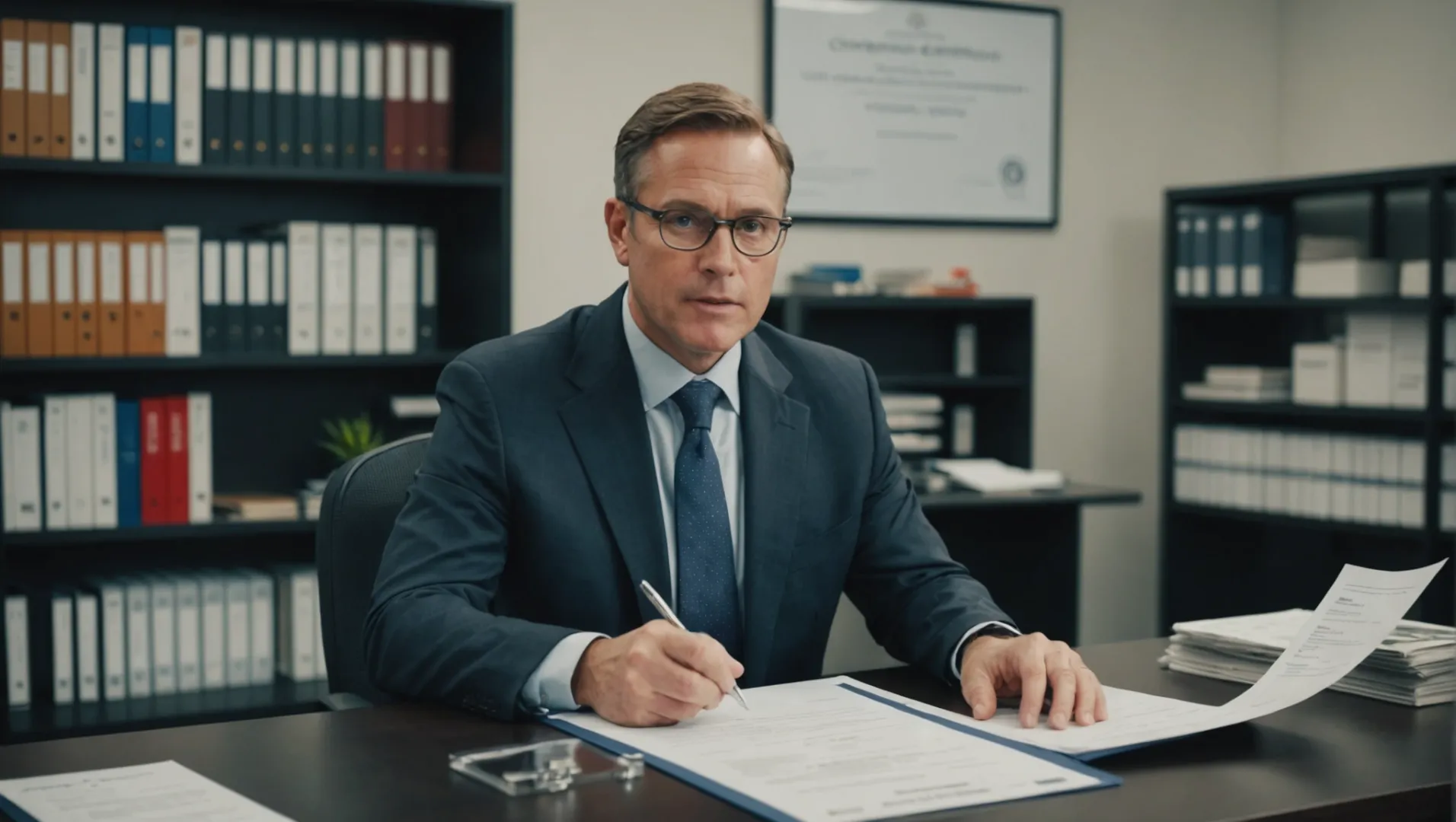
コンプライアンスにおける経験豊富なサプライヤーの役割
空気清浄機の米国コンプライアンス規格の複雑な状況をナビゲートするのは大変なことです。経験豊富なサプライヤーは、必要な認証を取得するための複雑なプロセスを案内することで、貴重なサポートを提供します。これらの専門家は以下の分野に精通しています。 規制要件2 たとえば UL 安全性テスト、 FCC テストと カーブ の登録が必要である。各認証プロセスのニュアンスに精通しているため、時間とコストの両方を大幅に削減することができます。
テストプロセスの合理化
ベテラン・サプライヤーと仕事をする大きな利点のひとつは、認定試験所との確立された関係である。彼らはしばしば、以下のような試験所と提携している。 ULインターテック(Intertek)、TUV、SGSなど、試験プロセスを迅速化できる。メーカーによっては、独自の シーエヌエーエス-認定ラボに製品を提出する前に予備試験を行うことができる。このステップにより、認証のタイムラインを早めるだけでなく、潜在的なエラーを最小限に抑え、コンプライアンスへのスムーズな道筋を確保することができる。
費用対効果の高いソリューション
経験豊富なサプライヤーは、最も効率的な検査戦略を推奨することで、費用対効果の高いソリューションを提供することが多い。彼らは、コスト面や予想されるスケジュールに基づいて、適切なラボを選択するための見識を提供することができる。例えば UL 安全性テストに競争力のある料金を提供するラボもあれば、次のようなテストに短時間で対応するラボもある。 FCC をテストする。こうした洞察により、企業はリソースを効果的に配分し、不必要な出費を避けることができる。
適合製品の設計
試験以外にも、経験豊富なサプライヤーは、本質的に米国基準を満たす製品の設計を支援する。また、以下の基準を遵守した取扱説明書やパッケージの開発をメーカーに指導する。 UL 規格の遵守は、重要でありながら見落とされがちな要素である。設計段階の早い段階でこれらの要素に取り組むことで、サプライヤーは工程後半での遅れを防ぐことができる。
戦略的パートナーシップの構築
HisoairのようなOEM/ODMの豊富な経験を持つサプライヤーとの提携は、大きな変化をもたらします。米国市場向け空気清浄機の製造において20年以上の経験を持つHisoairは、豊富な知識と実証済みの戦略により、お客様の製品が必要な基準をすべて満たしていることを保証します。彼らの専門知識 レギュレーション・ナビゲーション3 と製品デザインは、米国市場への参入と競争を成功させる能力を大いに高めることができる。
経験豊富なサプライヤーは、コンプライアンス・コストを30%削減する。真
サプライヤーは効率的な戦略とラボのパートナーシップを利用してコスト削減を図っている。
経験豊富なサプライヤーはすべて、CNAS認定のラボを持っている。偽
すべてのサプライヤーがCNASラボを所有しているわけではなく、サードパーティのラボを利用しているところもある。
なぜなのか? UL 空気清浄機には安全性テストが不可欠?
空気清浄機の性能を確認する UL は、米国の消費者に安全性と信頼性を保証するものである。
UL 空気清浄機の安全性試験は、製品が厳格な安全基準を満たしていることを確認し、電気的危険や故障のリスクを最小限に抑えるために非常に重要です。この認証は、さまざまな条件下で機器が安全かつ効果的に動作することを消費者に保証します。
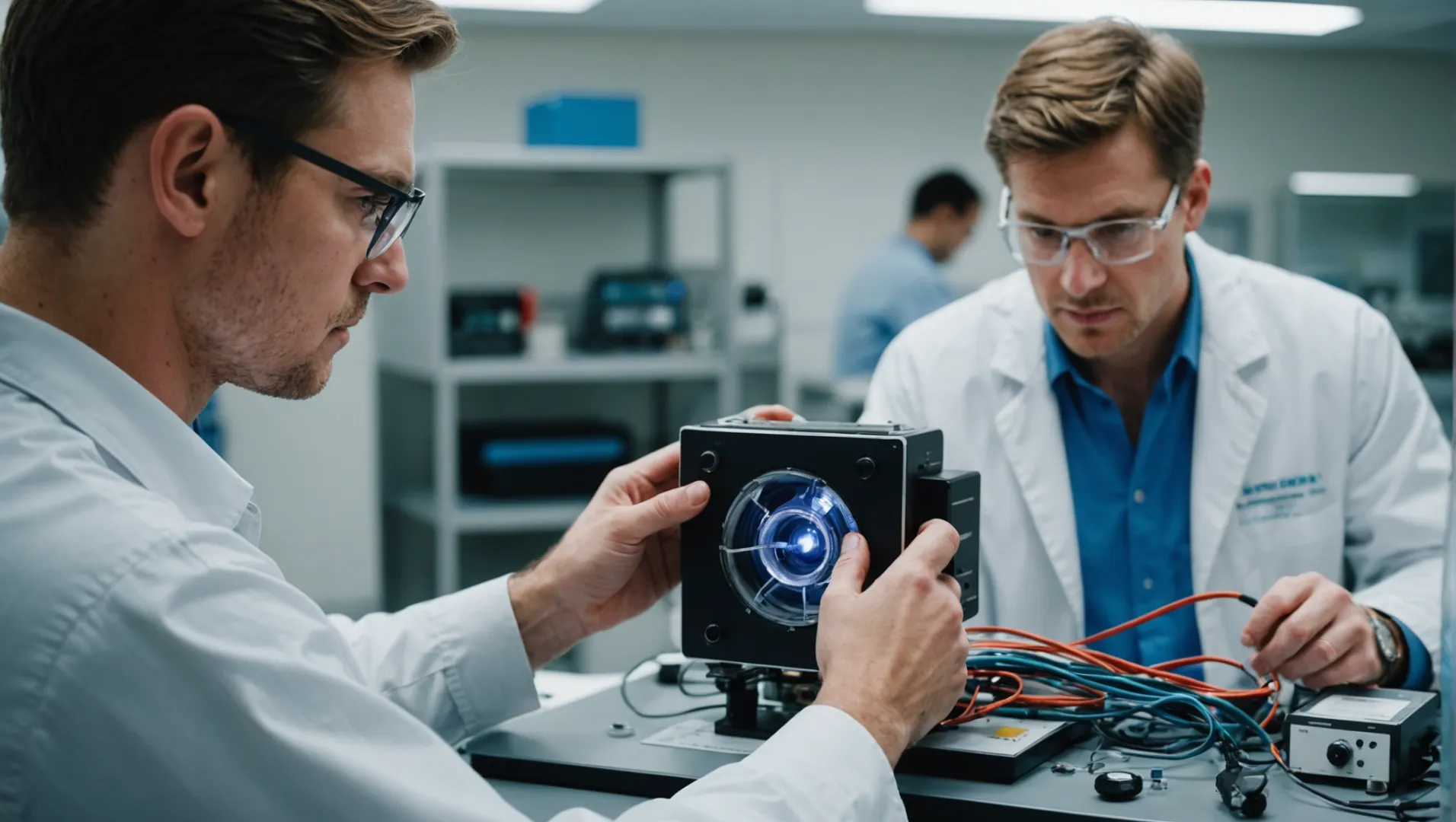
理解する UL 認証
ULアンダーライターズ・ラボラトリーズ(Underwriters Laboratories)は、厳格な試験基準によって安全性を促進することを目的とした世界的に認められた組織です。空気清浄機 UL 安全性試験4 は、電気的安全性と火災安全性の評価に重点を置き、機器がユーザーに危険を及ぼさないことを保証する。この試験には、電気部品、材料の燃焼性、全体的な構造の評価など、一連のチェックが含まれる。
テストプロセス
について UL テストのプロセスは徹底的で時間がかかり、通常8週間から10週間に及ぶ。次のような複数の段階がある:
- 最初の評価 製品設計が安全基準に適合しているかどうかの判断。
- テスト: プロトタイプの厳密なテストを実施し、実際の使用状況をシミュレートする。
- 認証だ: を発行する。 UL マークは、製品がすべてのテストに合格した場合に付けられる。
これらのステップは、IntertekやTUVのような専門試験所で実施され、同様のタイムラインとコストが提供される。
の重要性 UL 認証
を持つことだ。 UL 空気清浄機のマークは、消費者に対する品質保証の役割を果たします。このマークは、その製品が独立機関によってテストされ、特定の安全基準を満たしていることが確認されたことを意味する。これは次のような点で極めて重要である。 消費者の信頼5それは、装置が安全かつ効果的に機能することを保証するためである。
加えて UL のような他の規制認可の前提条件となることが多いため、米国での市場参入を容易にすることができる。 FCC または DOE をテストしている。
経験豊富なサプライヤーとの協力
米国規格に精通したサプライヤーと協力することで、認証プロセスを合理化することができる。このようなサプライヤーは、多くの場合、コンプライアンス要件について深い知識を持っており、以下のような試験施設を社内に保有している場合がある。 シーエヌエーエス ラボに提出します。この機能により、第三者ラボにデバイスを提出する前の事前テストが可能になり、時間とリソースの両方を節約できる。
米国市場で20年以上の経験を持つヒソエアのようなサプライヤーは、かけがえのないパートナーです。Hisoairのようなサプライヤーは、米国市場で何十年もの経験を積んできた貴重なパートナーです。 UL 最初から標準を設定することで、後でコストのかかる再設計の必要性を減らすことができる。
包括的なコンプライアンスの確保
その先 UL 空気清浄機は、次のような認証にも合格しなければならない。 FCC そして カーブ の登録が必要です。経験豊富なサプライヤーとの提携は、これらの追加要件を効率的にナビゲートするのに役立ちます。
まとめると UL 安全性試験は、米国で空気清浄機を認証するための基本であり、戦略的な協力と包括的な計画が、必要なすべての規格への完全な適合を保証する鍵となる。
UL認証が空気清浄機の安全性を保証真
UL認証は、空気清浄機が厳しい安全基準を満たしていることを証明するものです。
米国の空気清浄機ではUL試験はオプションです。偽
UL試験は、米国市場への参入と消費者の信頼にとって極めて重要である。
空気清浄機の認証状況を確認するには?
空気清浄機の認証を確認することは、その安全性と効率を確保するための鍵である。
空気清浄機の認証ステータスを確認するには、以下のような公認機関の公式ラベルをチェックする。 UL, FCCそして カーブ.これらのラベルは、製品が必要な規制を満たしていることを保証する、厳しい安全性と性能の基準に準拠していることを示します。
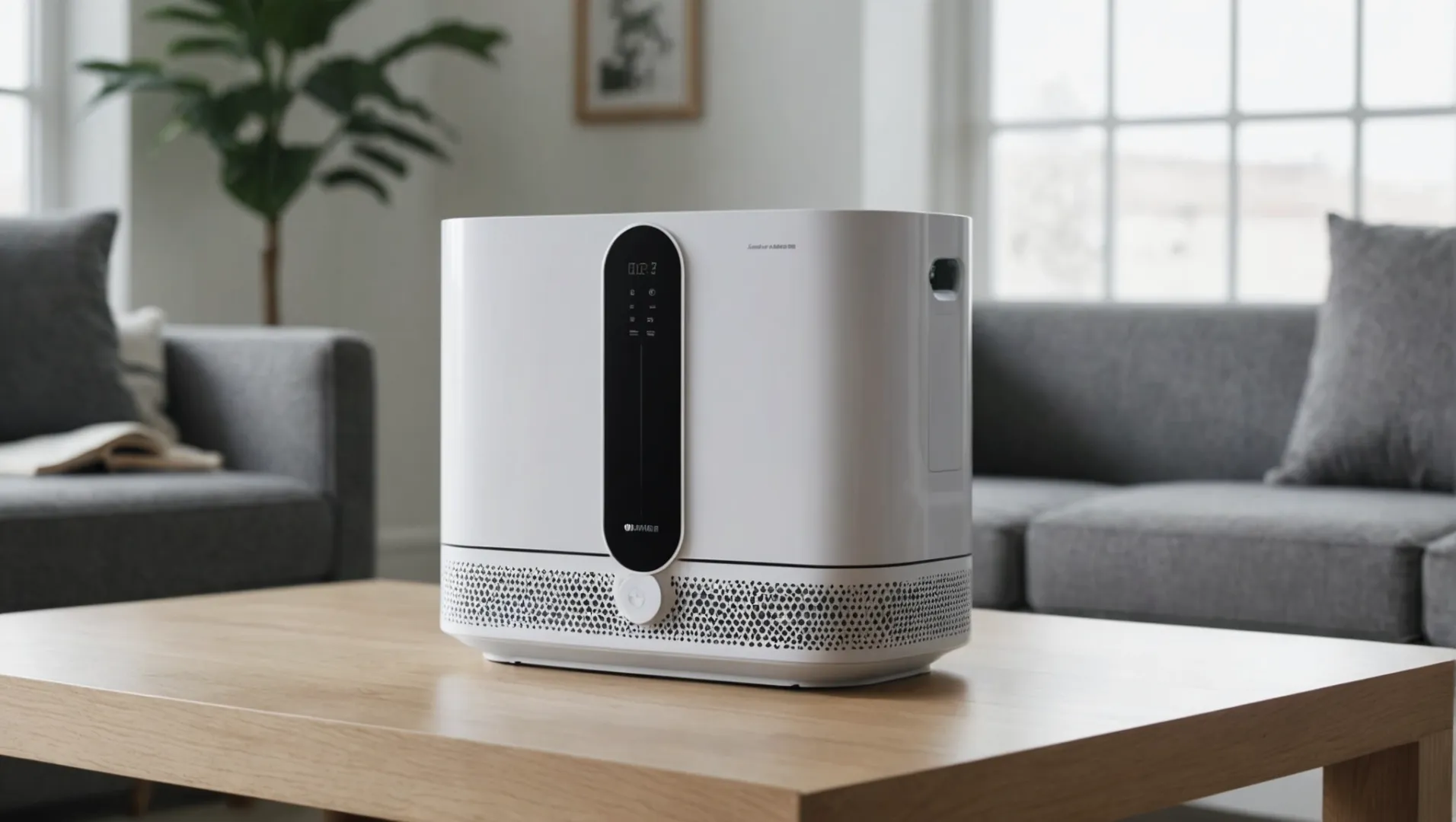
認証ラベルを理解する
認証ラベルは、製品が業界標準に準拠していることを示す極めて重要な指標である。空気清浄機にとって最も重要な認証には、以下のものがある。 UL 安全性テスト、 FCC そして カーブ 登録が必要です。各認証には特定のラベルがあり、機器またはその文書に記載されている。
- UL 認証:を探す UL このマークは、製品が電気および火災の安全性をテストされていることを保証するものです。これは、家庭やオフィスで広く使用される製品には特に重要です。
- FCC コンプライアンス:について FCC ラベルは、このデバイスが電磁干渉基準に準拠していることを示し、他の電子デバイスとの干渉のリスクを低減します。
- カーブ 参加登録:カリフォルニアでは特に重要、 カーブ 登録は、空気清浄機がオゾン放出制限を遵守していることを証明するものです。
オンライン検証ツールの使用
多くの認証機関は、製品の認証状況を確認するためのオンラインツールを提供している。例えば その UL データベース6 型番から製品を検索し、その製品を確認することができます。 UL 認証ステータス。これにより、時に誤解を招きかねない物理的なラベルだけに頼らないことが保証される。
経験豊富なサプライヤーとの提携
米国規格をよく理解しているサプライヤーとの関わりは有益である。認証取得に精通した経験を持つサプライヤーは、要求に応じて文書や検証を提供することができる。また、複雑な認証プロセスを理解し、必要な規制をすべて遵守するよう指導することもできる。
メーカーへの書類提出依頼
メーカーは、サービスの一環として認証文書を提供すべきである。認証を行った試験所からの詳細な報告書を要求すること。信頼できるメーカーであれば、これらの書類を提供することに何の問題もなく、自社のコンプライアンスに対する信頼性をさらに高めることができる。
追加認証のチェック
主要な資格のほかに、次のような資格も探してみよう。 AHAM これはそれぞれ、優れた空気清浄性能とエネルギー効率を示すものである。これは、高い室内空気品質を維持しながら環境への影響を減らしたいユーザーにとって不可欠なものである。
UL認証は、空気清浄機の電気的安全性を保証します。真
UL認証は電気的安全性と火災安全性をテストし、安全な使用を保証します。
カリフォルニア州以外ではCARB登録は必要ない。偽
CARBの登録は、オゾンの低排出量を確保するために全国的に極めて重要である。
結論
認証プロセスを理解し、適切なサプライヤーと提携することで、空気清浄機が安全で効果的であることを保証できます。
-
米国の空気清浄機規格におけるヒソエアの豊富な経験をご覧ください:最大限の浄化、最小限の騒音 "をモットーとするヒソエアの空気清浄機は、厳しい基準を満たす空気清浄機として、比類ない専門性を誇ります。 ↩
-
専門サプライヤーが認証プロセスを効率的に簡素化する方法をご覧ください:安全衛生規制を満たし、一貫した製品品質を維持することでスループットを向上させます。 ↩
-
経験豊富なサプライヤーがコンプライアンスと市場参入を支援する方法を学ぶ..:小売業者は、空気清浄機サプライヤーが提供する価格設定の透明性から大きな恩恵を受けています。それは、十分な情報に基づいた意思決定を支援し、市場参入を支援します。 ↩
-
空気清浄機の安全性を保証するULの厳格な試験プロセスについてご紹介します:ULマークは、特に空気清浄機において、火災や感電の危険性がないことを示すものです。 ↩
-
認証が消費者に製品の安全性をどのように安心させるかを理解してください:包括的な試験と認証により製品の品質と性能を検証し、家電製品のイノベーションを新しい市場にもたらします。 ↩
-
ULの公式オンラインデータベースを使用して、ULの認証情報を確認することができます:この強力なデータベースは、強力で直感的な検索機能、高度な検索・絞り込みオプション、UL ソリューションガイド情報へのアクセスを備えています。 ↩


